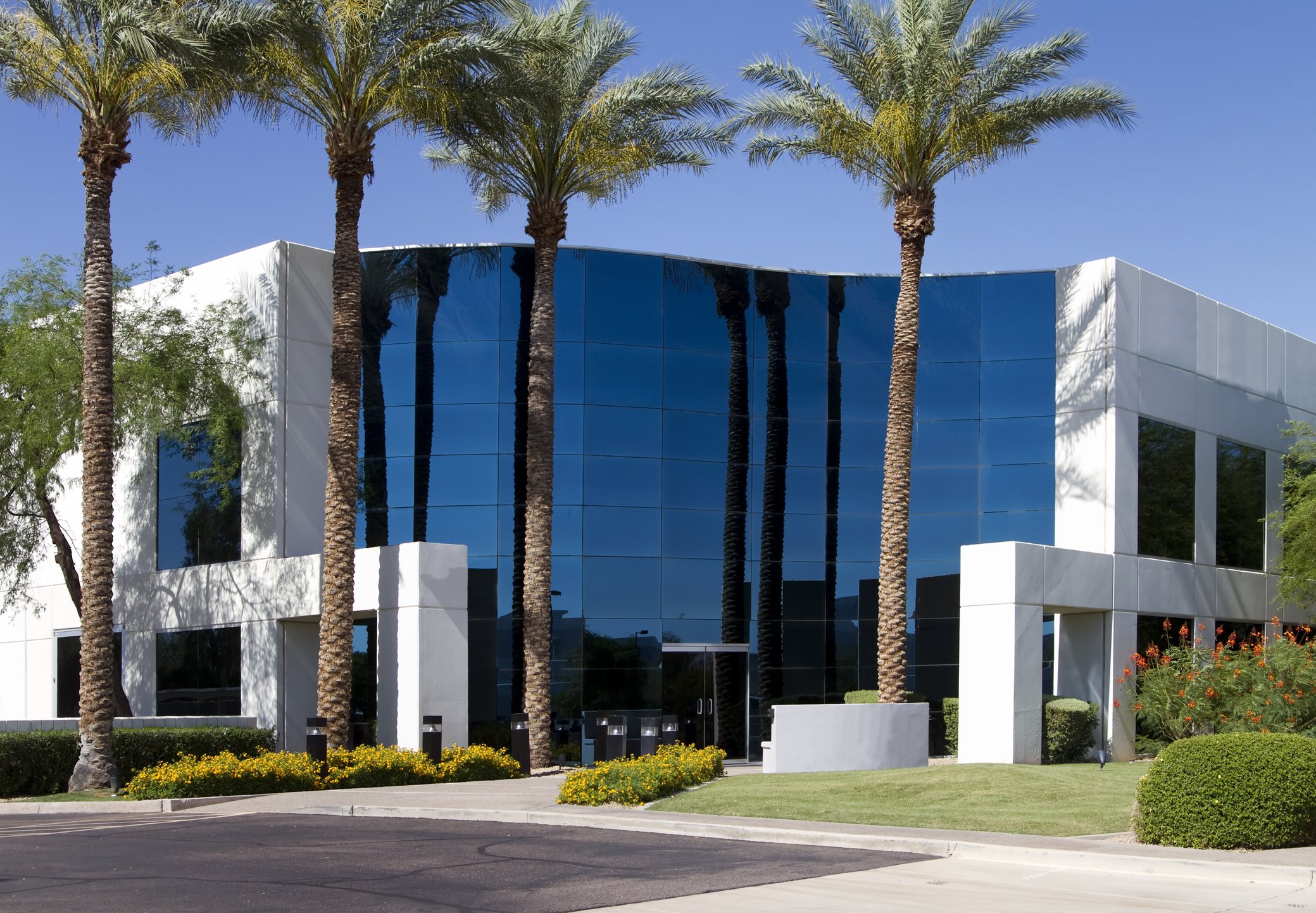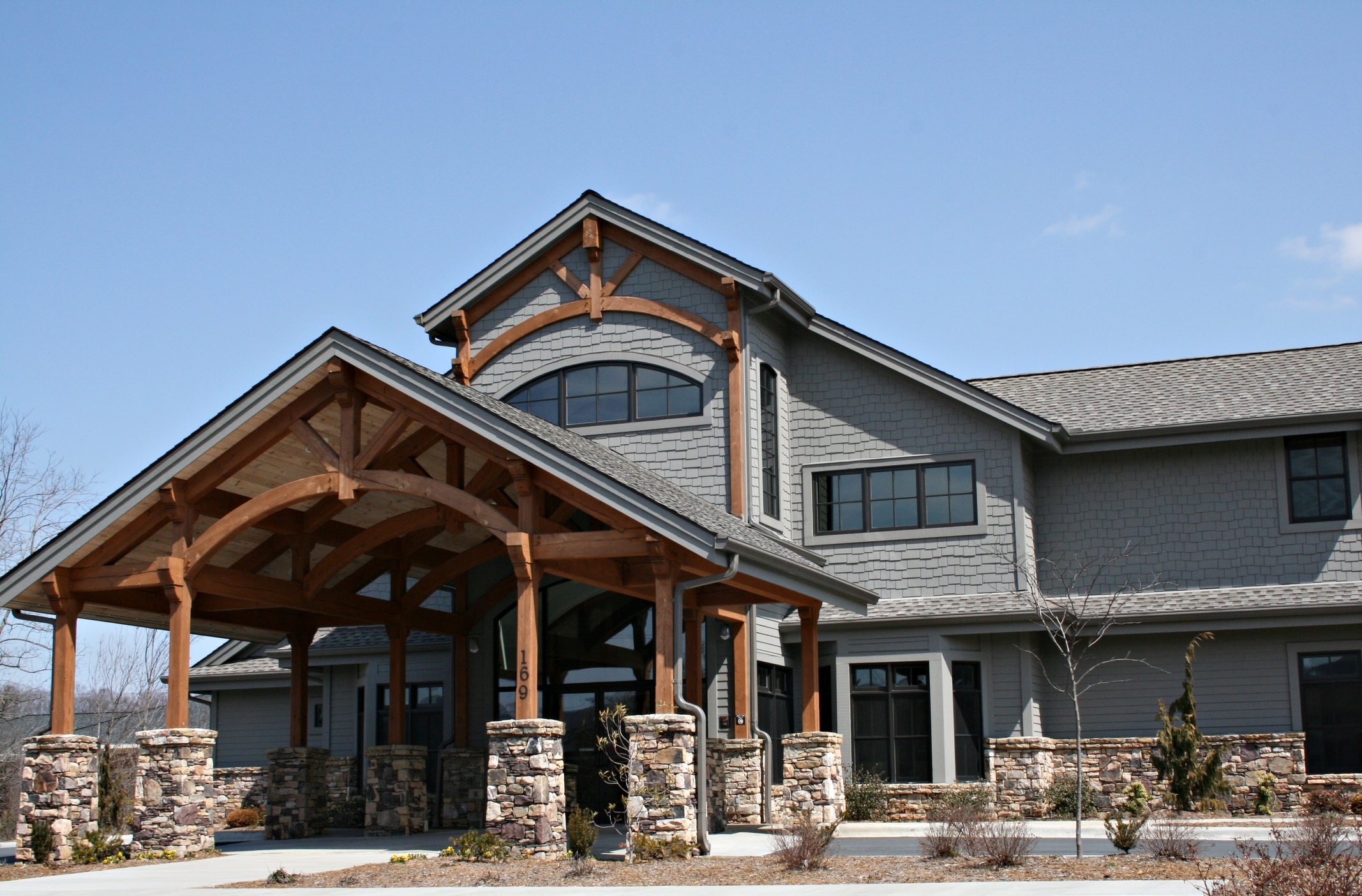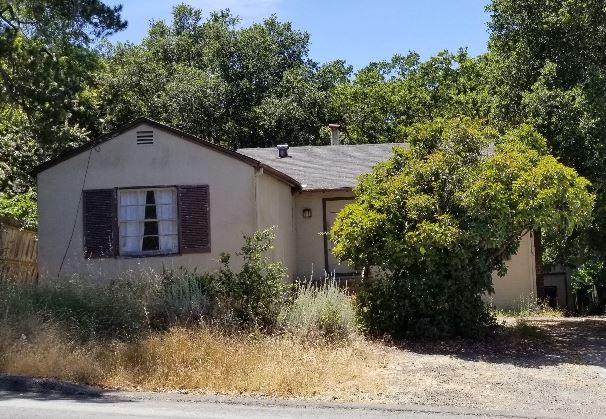Best Examples of Office Building Hard Money Bridge Loans
This article shows a sampling of some of the best office building hard money bridge loans that First Capital Trust Deeds (FCTD) has originated over...

Navigating the world of real estate investing often involves finding the right financing that fits your unique circumstances. Among the options available, hard money loans can be the best choice for office building investors and developers whose properties aren’t ready for long-term financing. Hard money loans can go from approval to closing in just a few days. However, there is a price for fast closing: higher interest rates, steeper closing costs, and shorter loan duration.
This article will offer a balanced look at the pros and cons of office building private bridge loans. We'll explore how these loans can be the ideal solution for some scenarios, while in others, long-term institutional financing options might serve you better.
Office building hard money loans are a specific type of short-term financing used predominantly by real estate investors. These loans are secured by the value of the hard asset, which in this case, would be an office building property. Hard money loans, also called private money loans, are generally provided by nonbank lenders, which could be individuals, family offices, real estate investment firms with a lending division, or debt funds. They're typically used for acquisitions, refinancing, renovations, or to bridge a funding gap during a longer-term financing process. This kind of financing offers an alternative to the traditional loans offered by banks and other institutional lenders.
A key differentiator of hard money loans is the potential closing speed. Unlike institutional commercial mortgage providers including banks, CMBS lenders, and life companies, hard money loans can be approved and funded in a matter of days, making them an excellent choice when time is limited. They're often used to buy distressed or vacant properties, win foreclosure auctions, or pull cash out to renovate prior to selling a property.
Let's look at the key benefits that make office building hard money loans a preferred financing choice for many real estate investors and developers.
In a competitive real estate market, some buyers submit purchase offers with a loan commitment from a hard money lender, stating that they can close within 3-10 days upon acceptance. Fast hard money funding can edge out other bidders who are using bank, CMBS, or life company financing, which can take 45-60 days to close.
FCTD has also worked with several office building owners who needed a hard money loan within 10-14 days to pay off a maturing institutional loan coming due. In these cases, the institutional lenders had given borrowers new loan terms for some reason (usually high vacancy levels) requiring them to bring in cash to close, or simply denied their loan altogether.
Hard money lenders will often value the property internally rather than requiring an appraisal. After meeting the owner for a 15-minute site inspection, the hard money lender will send their loan docs to escrow. Funding usually follows the next morning.
Hard money lenders evaluate each loan on a case-by-case basis, considering the property's value, its potential after renovations or developments, the borrower's business plan for the property, and their exit strategy to pay off the hard money bridge loan. This can be advantageous for investors with several projects in the pipeline or dealing with a temporary situation where they need a flexible lender.
Moreover, hard money loans can be used for a variety of purposes, including property acquisition, renovations, cross-collateralization, or even a bridge loan during the entitlement period. This versatility, coupled with flexible terms and conditions, allows investors to find funding even when they have a few extra challenges.
Experienced hard money mortgage brokers — and I put my company, FCTD, in this category — have a large network of hard money and private money funding sources. We're not the money: we're the brokers. However, we work with numerous high-net-worth individuals, debt funds, family offices, and real estate offices and developers that run $200+ million private lending divisions. There is an abundance of private capital available to real estate investors for financing properties or projects that fall outside institutional lending guidelines.
While hard money loans certainly offer distinct advantages, it's important to consider their costs. Compared to traditional lenders like banks, credit unions, CMBS, and life companies, hard money loans typically come with higher interest rates and closing costs. These higher costs reflect the increased risk hard money lenders absorb by focusing more on the collateral's value over cash flow and net operating income (NOI).
Interest rates for hard money loans can range from 9.00 to 13.00%, depending on factors such as loan-to-value (LTV) ratio, the complexity of the deal, and the borrower's experience. This is considerably higher than the rates typically offered by traditional lenders.
Additionally, the closing costs for hard money loans secured by an office building can be more expensive than for institutional mortgages, which might only charge one point (plus other loan fees like legal charges, underwriting, appraisal, and environmental fees.)
One of the features of hard money loans is their shorter loan terms. While traditional bank loans usually offer longer repayment periods stretching for years or even decades, hard money loans typically have maturities ranging from 6 to 36 months. This brief window serves the need for speed and flexibility that many real estate investors require, but can also potentially create pressure on some borrowers.
The pressure can mount as the "balloon payment” approaches. This is the final payment due at the end of the loan term, which includes the last interest payment and the entire principal balance. The looming balloon payment can create a sense of urgency for the borrower to either refinance the loan, or sell the property to satisfy the hard money debt obligation. If the borrower fails to do either within the specified time frame, the hard money lender could charge them to extend the loan for another 6-12 months. Or, in the worst case scenario, they could file a Notice of Default (NOD) to initiate the foreclosure process.
Therefore, while the shorter terms of hard money loans offer fast, flexible financing, they also demand a solid exit strategy and careful planning to avoid potential financial distress.
With office building hard money loans, borrowers face a higher level of risk than with institutional loans. This is due to two primary factors: higher interest rates and a shorter loan duration.
Higher interest rates result in higher debt service costs, meaning borrowers must allocate more funds to cover the interest component of their loan repayments. This increase in monthly or quarterly expenditures can strain a borrower's cash flow — particularly if the income generated from the office building doesn't meet expectations, which can happen in uncertain market conditions or during a property's lease-up period.
A shorter loan duration can create its own challenges. Tight repayment deadlines give borrowers limited time to generate the funds necessary to pay off their loan. This can be especially problematic if the borrower's exit strategy — often selling the property or refinancing with a long-term lender — doesn't materialize in the expected timeframe. The combination of higher debt service costs and tight deadlines escalates the risk level for borrowers compared to the more lenient terms and lower rates typical with institutional grade loans.
Before opting for a hard money loan for an office building investment, it's crucial for real estate investors to consider several factors. Each of these elements can significantly impact the outcome of the investment and the repayment process of the loan.
First, the experience and reliability of your mortgage broker and private lender are paramount. A seasoned broker can effectively guide you through the lending process, advising on the nuances of hard money loans, and connecting you with reliable lenders. Meanwhile, the ability of your private lender to perform on time and as agreed is essential. Verify the lender's track record and reputation within the real estate community to ensure you're working with a dependable partner.
Loan-to-Value (LTV) Ratios
The Loan-to-Value (LTV) ratio is another significant consideration. This is the amount of the loan compared to the value of the property. In most cases, hard money lenders offer lower LTV ratios than traditional lenders — typically between 50% and 70%. This means you'll need substantial equity in the property or additional cash for a down payment.
Closely examine the pricing of the loan. As discussed earlier, hard money loans often come with higher interest rates and closing costs. Ensure you fully understand all the loan's fees, charges, and interest rates to ascertain its overall affordability.
Finally, your exit strategy is vital. Whether planning to refinance or sell the property, make a realistic plan that aligns with the loan's term. Consider the potential risks and challenges that could hinder your strategy, such as changes in the property market or interest rate hikes.
Weighing all of these factors will help real estate investors make an informed decision about whether a hard money loan is the best financial tool for their office building investment.
Conclusion
Prior to taking out a private mortgage, real estate investors and developers should understand the pros and cons of office building hard money loans. Hard money loans can be great for getting the deal done, whether it’s winning a competitive bidding process, or meeting an immediate financing need that only they can deliver. Borrowers also need to be aware of the downside risk that higher-priced, short-term bridge loans pose. It’s important to weigh the benefits and drawbacks, sizing it up with the overall project and repayment exit strategy, before choosing hard money bridge loans for your office building property.

This article shows a sampling of some of the best office building hard money bridge loans that First Capital Trust Deeds (FCTD) has originated over...

A business purpose hard money second mortgage is a type of loan issued by nonbank private lenders, including individual trust deed investors, family...

A private money loan is a type of short-term loan that is funded by private individuals (trust deed investors), family offices, or private mortgage...